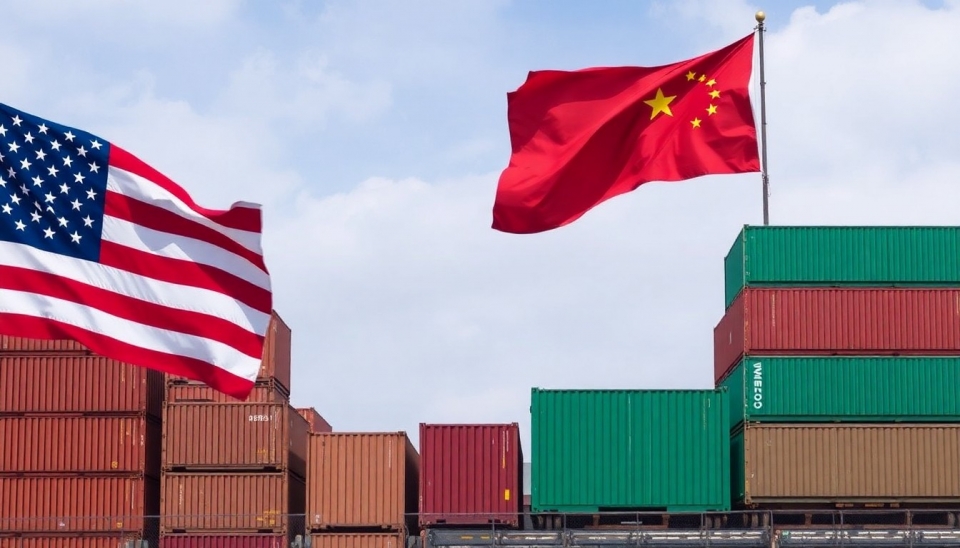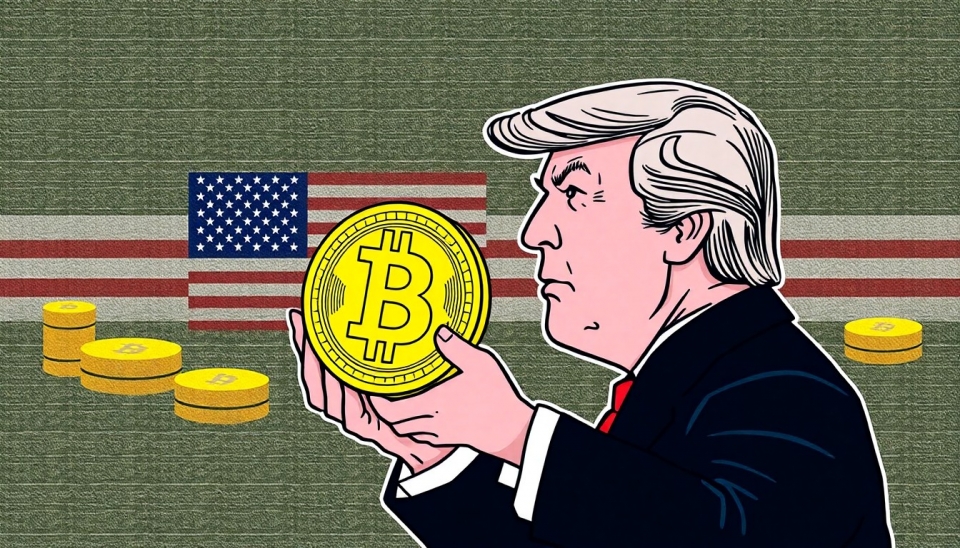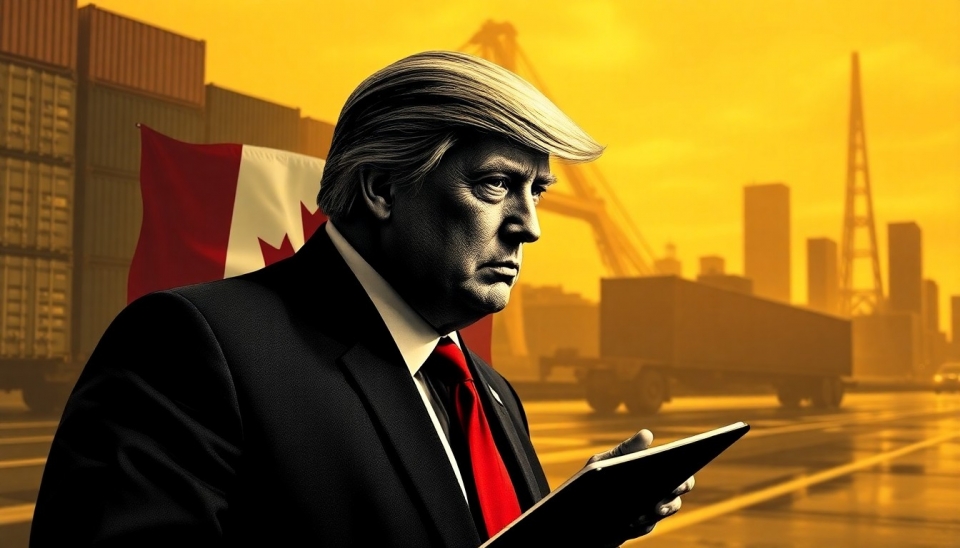
The ongoing tariff battle initiated by former President Donald Trump is increasingly putting the United States' services trade surplus with China at risk. The tariffs, aimed primarily at goods, have unintended consequences for the flourishing services sector, which has historically contributed significantly to the U.S. economy.
While the United States has enjoyed a robust services trade surplus with China, the impact of tariffs is beginning to resonate through this sector. The imposition of these tariffs has not only raised costs for American companies but has also led to retaliation from China, placing U.S. services exports in a precarious position. The services trade encompasses various sectors including finance, insurance, education, and technology, which have been key drivers of growth for the U.S. economy.
Recent data suggests that the U.S. services surplus with China stood at an impressive $38 billion in 2024, reflecting a growing demand for American service resources. However, analysts warn that the increasing tariffs could stifle this growth, as U.S. businesses face increased operational costs and potential barriers to market access in China. The response from Chinese officials to raise tariffs on American services may serve as a retaliatory measure, complicating the relationship between the two nations further.
The services sector has shown resilience, curating a niche that many U.S. businesses rely on for stability amidst the unpredictable tides of international trade. Nonetheless, industry experts are concerned that continuing the tariff strategy could lead to a significant downturn, harming not just jobs within the services industry but also diminishing U.S. competitiveness in a global marketplace increasingly dominated by international players.
It is advisable for policymakers to reassess the current tariff landscape, particularly in light of the delicate balance that exists between protecting domestic industry and fostering international relationships. As tensions simmer, the U.S. may be entering a phase where constructive negotiations could yield better outcomes without further jeopardizing its services trade surplus with China.
The hope among economists is that constructive dialogue can reignite the U.S.-China trade relationship and ease some of the pressures placed upon U.S. services. With global competition intensifying, maximizing the services trade surplus could prove essential for future economic growth in both nations.
As the situation develops, monitoring the shifts in the services trade landscape will be crucial, with both governments needing to consider the broader implications of tariffs on their respective economies.
Only time will tell if the longstanding profit and growth from United States services trade can withstand the tariffs imposed by the Trump administration and what that will mean for the future of U.S.-China relations and global commerce.
#TrumpTariffs #USTrade #ChinaTrade #ServicesSurplus #Economy #TradeNegotiations #GlobalCommerce
Author: Emily Collins




